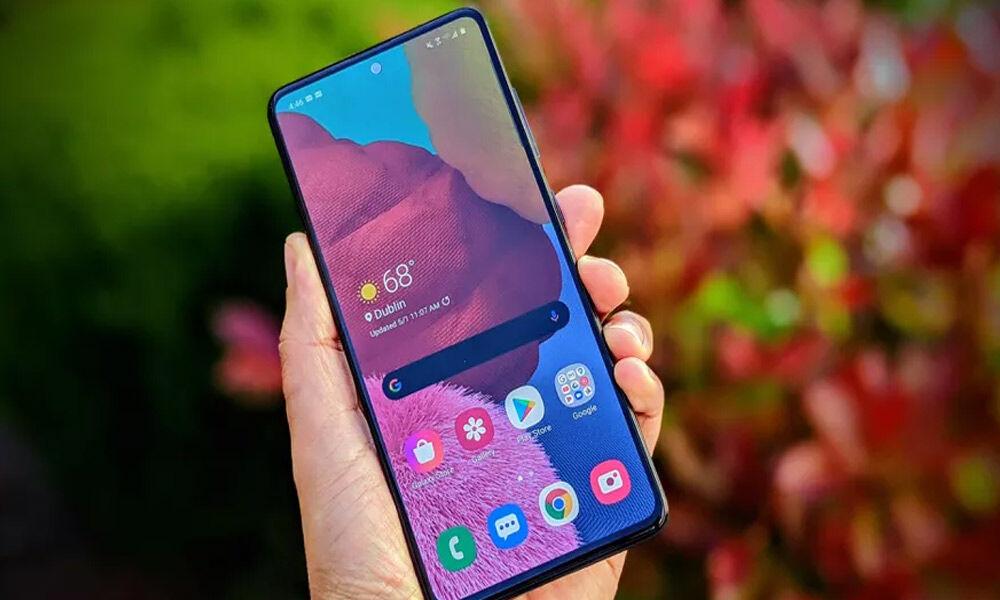Smartphones can predict Covid-19 mobility data in real-time

Smartphones can predict Covid-19 mobility data in real-time
Tracking the movement of people using smartphones can predict the growth rate of Covid-19 infection up to three weeks in the future, according to a study.
Ontario: Tracking the movement of people using smartphones can predict the growth rate of Covid-19 infection up to three weeks in the future, according to a study.
The findings showed that the rise in mobility or movement of people is directly linked with the increase in Covid-19 infection rates.
A mere 10 per cent rise in the movement of people out of their homes in Canada led to a 25 per cent rise in the weekly growth rates of SARS-CoV-2, the virus that causes Covid-19, revealed the study published in the Canadian Medical Association Journal.
The study suggested that smartphones can help predict the mobility data in real-time and thus help in faster interventions.
"Mobility measures capturing human activity through anonymised tracking of smartphones are believed to be reasonable proxies of contact rates outside of one's own home; these measures can provide more timely and reliable sources of information on contact rates compared with time-use surveys or contact tracing," said Kevin Brown, Public Health Ontario.
Till everyone gets vaccinated against SARS-CoV-2, non-pharmaceutical public health interventions such as physical distancing and limiting social contact will be the main means of controlling the spread of the virus.
The team looked at anonymised smartphone mobility data from March 15, 2020, to March 6, 2021, both nationally and provincially, controlling for date and temperature.
They looked at the mobility threshold (the level needed to control the virus) and the mobility gap (the difference between the threshold and actual movement).
"The mobility threshold and mobility gap can be used by public health officials and governments to estimate the level of restrictions needed to control the spread of SARS-CoV-2 and guide, in real-time, the implementation and intensity of non-pharmaceutical public health interventions to control the Covid-19 pandemic," the researchers said.


















